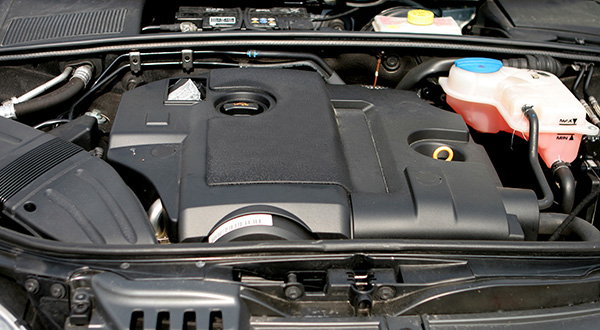
Ever been driving along, enjoying your ride, when suddenly you hear a strange noise coming from your engine? It can be both alarming and confusing, especially if you're not a car expert. Engine noises are often the first sign that something isn't right under the hood. Ignoring these sounds can lead to serious damage and expensive repairs. So, what are these weird engine noises, and what do they mean?
1. The Persistent Ticking Sound
One of the more common and irritating noises you might hear is a ticking sound. This noise is often caused by low oil levels or a problem with the valvetrain. The valvetrain is responsible for managing the operation of the intake and exhaust valves in your engine. When there's an issue, such as worn lifters or rockers, it can create a ticking noise. On the other hand, low oil pressure means that the engine parts are not being lubricated properly, leading to increased friction and a ticking sound. It's crucial to check your oil level and quality regularly to avoid this problem.
2. The Grinding Noise
A grinding noise is never a good sign. This sound often indicates a problem with the transmission or the braking system. In the case of the transmission, it might mean that the gears are not engaging smoothly, which can be due to worn-out gears or low transmission fluid. Grinding noises usually suggest that the brake pads are worn out and the metal components are coming into contact with the rotor. This not only affects your braking efficiency but can also damage the rotors, leading to more costly repairs. Regular maintenance checks on your brakes and transmission fluid can help prevent this issue.
3. The Knocking Sound
Hearing a knocking sound from your engine is a cause for immediate concern. This noise often points to a problem with the engine's internal components, such as the connecting rods, pistons, or crankshaft. One common cause of knocking is using the wrong type of fuel or having poor fuel quality, which can lead to engine detonation or knocking. This means that the fuel-air mixture in the cylinder is igniting prematurely, causing the knock. In more severe cases, it could indicate that the engine bearings are worn out. Either way, a knocking engine needs professional attention as soon as possible.
4. The Squealing Noise
A high-pitched squealing noise is typically a sign of a problem with the serpentine belt or accessory belts in your engine. These belts drive various components like the alternator, power steering pump, and air conditioning compressor. When the belts become worn or loose, they can start to slip, creating that squealing sound. In some cases, the noise might also come from the pulleys connected to these belts. Replacing the belts and ensuring that they are properly tensioned can eliminate this annoying sound and prevent further damage to the components they drive.
5. The Hissing Sound
A hissing sound coming from your engine can indicate a leak somewhere in the system. This could be a coolant leak, which is particularly concerning as it can lead to engine overheating and severe damage if not addressed promptly. Another possible cause is a vacuum leak, which can affect your engine's performance and fuel efficiency. Leaks are often easy to spot, as you might also notice fluids under your car or steam coming from the engine bay. It's important to identify and repair any leaks as soon as possible to maintain your engine's health and performance.
Heard a weird noise coming from your engine? Don't wait until it's too late. Visit Chahel Automotive today for a thorough inspection and professional diagnosis.